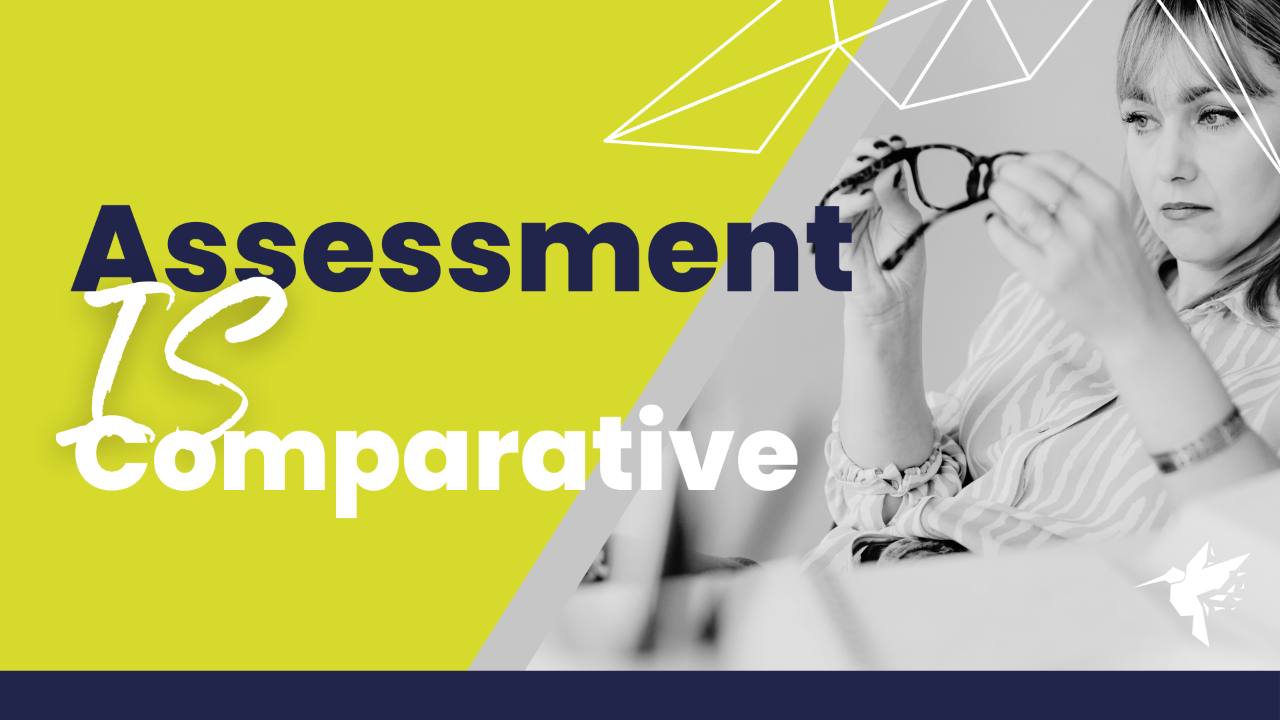AI Agents: Hype vs. Impact
Beyond the Buzz
AI agents are everywhere right now. From boardrooms to coffee shops, they’re the subject of endless hype. Headlines promise they’ll run your business while you sleep. Demos showcase tools that look more like magic than software. For founders already stretched thin, it can feel both exciting and overwhelming.
But here’s the truth: AI agents are neither miracle workers nor existential threats. They’re tools. Digital teammates designed to take tasks off your plate. The real opportunity isn’t about adopting the latest shiny thing; it’s about working out where they genuinely create leverage in your business.
What They Can Do
An AI agent is more than a chatbot. Think of it as a worker that can take instructions and act on them inside your systems. That might mean drafting emails, updating your CRM, summarising documents, scheduling meetings, or pulling insights from data.
Large companies are already deploying them across operations, coding, and customer service. Midsized firms are experimenting. Solo founders are using no-code platforms to build simple agents without writing a line of code. The common thread? Almost everyone is keeping a “human-in-the-loop” by letting agents do the repetitive work while people make the judgement calls.
Why It Matters for Founders
For early-stage founders, the greatest risk isn’t that AI agents are too immature. It’s waiting too long and falling behind. Every month that larger organisations automate their basic processes, the productivity gap widens.
Agents excel at grunt work, the tasks that sap time but don’t move the needle: drafting reports, processing notes, or creating first-pass content. When you free yourself from that cycle, you gain space for strategy, creativity, and relationships - the things that only you, as the founder, can deliver.
Where Agents Fall Short
They’re not a silver bullet. Agents stumble when it comes to empathy, complex decision-making, or high-stakes negotiations. They also introduce risks if deployed without thought: fragmented workflows, inconsistent data, or security issues. The key is integration. You want agents to amplify your work, not add another layer of complexity.
How to Start Smart
-
Pick a single pain point. Choose a repetitive task that drains your time - maybe triaging your inbox or creating weekly status updates.
-
Set guardrails. Keep approval steps in place. Know where your data is stored and who has access.
-
Measure and upskill. Track hours saved or errors reduced. Invest in basic skills like prompt-writing so your team knows how to get the best results.
-
Test no-code platforms. They let you build simple agents that plug into Slack, Asana, or Google Workspace. Low risk, quick wins.
Think of adoption in layers: your data layer (documents, databases), your action layer (tools like calendars or CRMs), and your control layer (where you approve outputs). Start small. Let agents retrieve before they act. Only chain actions once you trust the basics.
Real Founder Examples
In our community, one founder used an AI agent to triage emails, cutting her inbox time in half. Another automated the first step of customer onboarding, freeing up hours to focus on product development. I’ve personally used AI tools to synthesise complex government grant guidelines, saving hours of work and giving me more time to mentor founders.
The common theme? They didn’t try to replace themselves. They chose specific tasks, measured results, and kept oversight.
Amplify Your Humanity
The promise of AI agents isn’t about removing humans. It’s about amplifying what humans do best. Think back to the internet in the late 1990s. It was clunky and imperfect, but transformational for those who started early. Agents are at the same stage.
If you wait for perfection, you’ll miss the learning curve. Start now, keep control, and treat every experiment as a way to reclaim focus. Let the machines handle the repetitive tasks while you double down on vision, creativity, and leadership.
Author Bio
As a mentor and funding strategist, Lisa Erhart uses Funding4Growth to equip founders with the tools and strategies to win funding. Explore our approach.




Responses